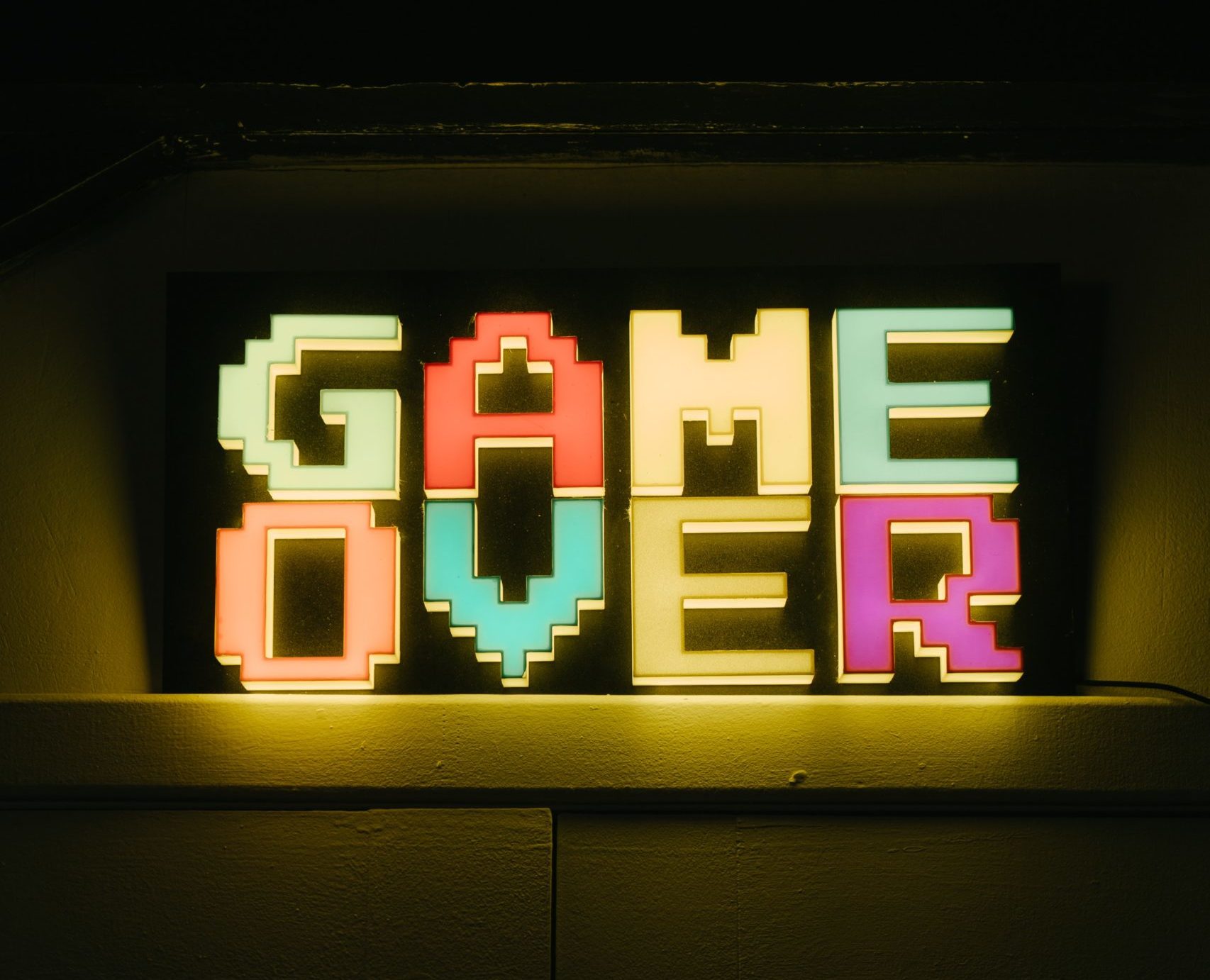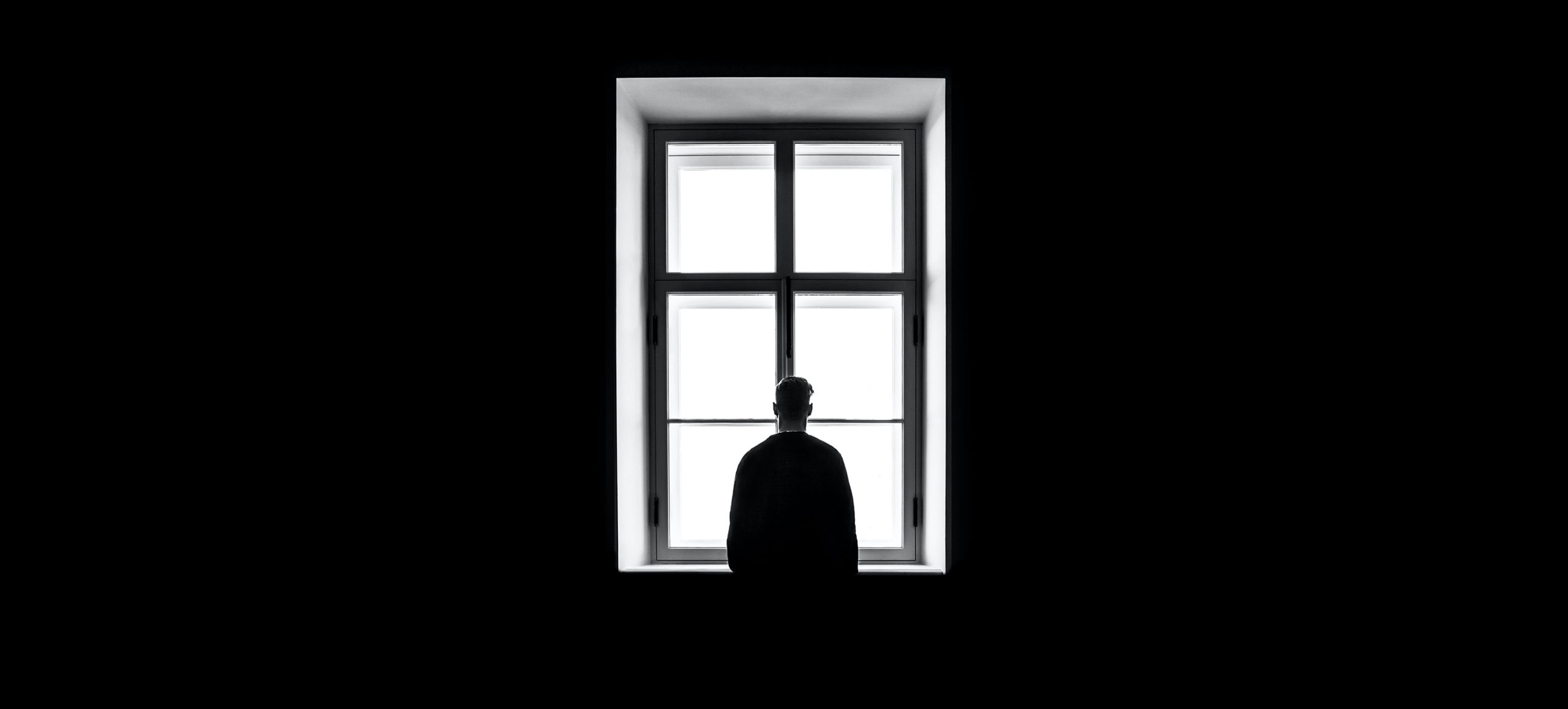
Have you ever wondered, why is it so much easier for us to dwell in our sorrows, fears, and doubts, while shunning and downplaying anything positive?
WHY ARE WE DRAWN INTO AND SO EASILY ATTACHED TO THE NEGATIVE?
It seems like each and every negative experience in our life is branded into our memory but the positive things slip away into the forgotten. Shouldn’t it be the other way around?
The human mechanism at play here is called “negativity bias” and is something that is absolutely and unfortunately normal.
Some researchers from evolutionary psychology think our negativity bias is a remnant of times when it was critical to assume the worst of a situation for our survival. In early human history, the one who acted like there was a saber-toothed tiger behind every corner was more likely to survive than the one who did not. But we’ve long outlived saber-toothed tigers and most other dangerous predators of the wild. So why can’t we rid ourselves of this survivalist habit of old time thinking?
THE FIRST STEP TOWARD DEALING WITH YOUR NEGATIVITY BIAS IS AWARENESS.
As long as you’re unaware of this default pattern of thinking and feeling, it will continue to work subconsciously with no chance of you countering it.
“Your brain is like Velcro for negative experiences but Teflon for positive ones.” Rick Hanson
This leads us to holding onto negative things, continuing to feed them and blow them up to the point of being amplified, and usually exaggerated, in our memory.
WHAT IF YOU DID THIS EXACT THING BUT WITH POSITIVE THOUGHTS AND EXPERIENCES?
Seems simple and logical but it’s certainly not as natural or common. When you counteract the negativity bias by actively and intentionally embracing positive experiences and committing them to your memory, this rewires your brain to focus on the positive instead of the negative. I’m not talking about just “thinking positive” but about something much more effective and deeper. Something I call “taking in the good.”
Positive thinking is like forcing yourself to be positive, turning a blind eye to the negative and suppressing it as a form of denial. I’m not asking you to do that. I’m asking you to accept your natural tendency towards the negative but balancing it through an active practice of taking in good feelings. Whenever you have a positive experience, big or small, consciously give gratitude to it and lock it into your memory.
Allow yourself to feel the positive, bask in it, and embrace it as part of you and your life experience.
IT TAKES PRACTICE. MAKE IT A HABIT.
To escape the constant draw of the negative, you need more than some nice affirmations or motivational sprints. You need an overarching vision, something that will help you through times when you’re truly struggling and can’t see the light at the end of the tunnel.
In order to rewire your negative bias, it requires conscious and healthy habits to replace the negative and destructive ones that continue to hinder you.
A series of daily positive habits eventually enable you to create space for yourself that’ll give way to your life’s purpose. This is crucial to you overcoming your negativity bias and to start living a fulfilled experience as you were meant to. As we are all meant to.
In our new program you’ll learn about this concept and how it is connected to your inner critic. To start living your life toward your potential, you need to learn how to deal with both. They are a part of you and always will be and the longer you allow them to live unchecked, they will continue to limit your life experience.
But with the appropriate tools, they can be managed.
In our program “Your Fate is NOT sealed”, we provide these tools in a way that’s easy to comprehend and can be applied to your daily life to bring real change.
To learn more, please fill out this quick survey to be sure our new program is a good fit for you.
Warmly,
Orlando Owen



